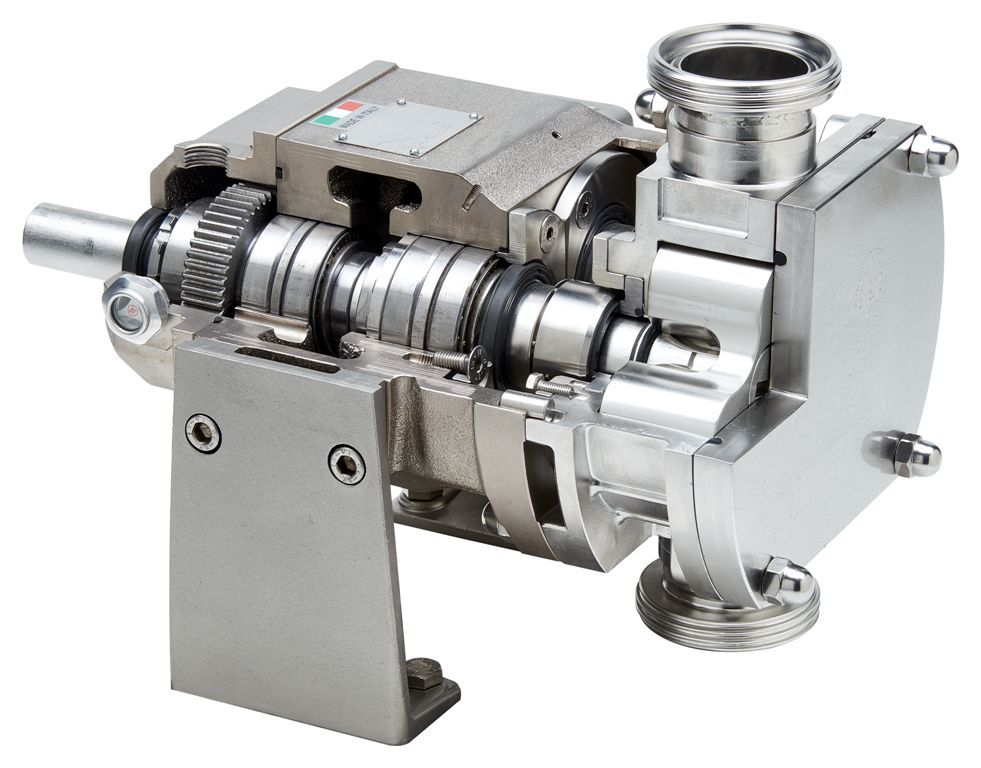If a loved one passes away, your job as their personal representative (also known as the executor) will be to identify all assets, settle outstanding debts and distribute the estate according to their will. Probate can be complicated and time-consuming. Learn more about Las Vegas Probate Court.
Hearings on contested probate matters are scheduled on Friday mornings with the probate commissioner and their judicial assistants. The hearing schedule fills quickly and early arrival is recommended.
The Basics
When a loved one dies, it is necessary to handle their assets and pay any debts that may be owed. This is done through probate proceedings.
Probate is court-supervised proceedings that transfer a deceased person’s property to their heirs. This process includes proving the validity of the will, identifying and valuing property, paying lawful creditors, and settling taxes.
Nevada law requires that all estates go through probate unless they meet specific requirements such as being a valid will or passing by contract or operation of law (such as joint ownership with rights of survivorship or an account payable in death). In some cases, the judge may declare some assets non-probate.
Petitioning to Open a Probate Case
To officially begin probate proceedings, a petition must be filed asking the court to acknowledge you as executor of the deceased person’s estate. The petition must also list a valid will (if there is one) and the death certificate.
You will also need to provide an inventory of the estate’s assets, including cash, investments, retirement accounts, real property and personal effects. You’ll also need to review any outstanding bills and debts to determine if the estate has enough money to pay them.
Finally, you’ll need to make sure that any fees are paid. These are generally based on a formula set by the state.
Filing a Petition to Open a Probate Case
The person acting as executor of the estate fills out a form asking the court to open a probate case. He or she also files the will if there is one and provides a fee to the court.
District courts set these fees, and they vary from county to county. The court will stamp a copy of the petition for your records.
You will need to list the deceased’s assets, including cash, investments and retirement accounts, personal effects, vehicles and real estate. You will also need to list any outstanding debts and taxes. You will need to do some sleuthing to find these, but you can usually get information from checkbooks, emails and bank accounts.
The Petition to Open a Probate Case
A petition to open a probate case must be signed and verified (the person filing the petition declares under penalty of perjury that the information contained in the petition is true). Then the paperwork is filed at the local courthouse.
After the initial filing, it may take several days for the court to accept the petition and assign a case number. A Friday hearing is then held by a district court judge assisted by judicial assistants who review the petitions and their supporting documentation. If there are no objections, the cases are pre-signed. If there are, the judge will ask the parties to appear at the Friday hearing.
The Petition to Close a Probate Case
A contested estate can take years to resolve. This is mainly because of a lack of staff at the District Court level to handle these matters.
A non-contested case can be resolved in about 6-8 months. Once the personal representative files a petition for summary administration and the judge signs the order, distribution can begin.
If you are a family member who is entitled to receive an inheritance from a Nevada estate, it is important to hire a competent legal firm like the Wood Law Group. They can help you navigate the process of determining if an estate is eligible for summary administration, choosing the appropriate probate process, and resolving issues with creditors.
Finalizing a Probate Case
Many people who have estates that need to go through probate arrange their affairs to avoid this process altogether. They can accomplish this by making sure their assets are placed in a trust and have payable on death beneficiaries.
The person responsible for administering a loved one’s estate must identify all assets, liquidate debts, and pay any necessary taxes. They must also manage the distribution of the deceased person’s property to their heirs.
This is a complex and lengthy process, which can be costly. If you are in this situation, an experienced attorney can help you navigate the probate process. They can advise you of your options and take all the necessary steps to resolve your matters as quickly as possible.


















